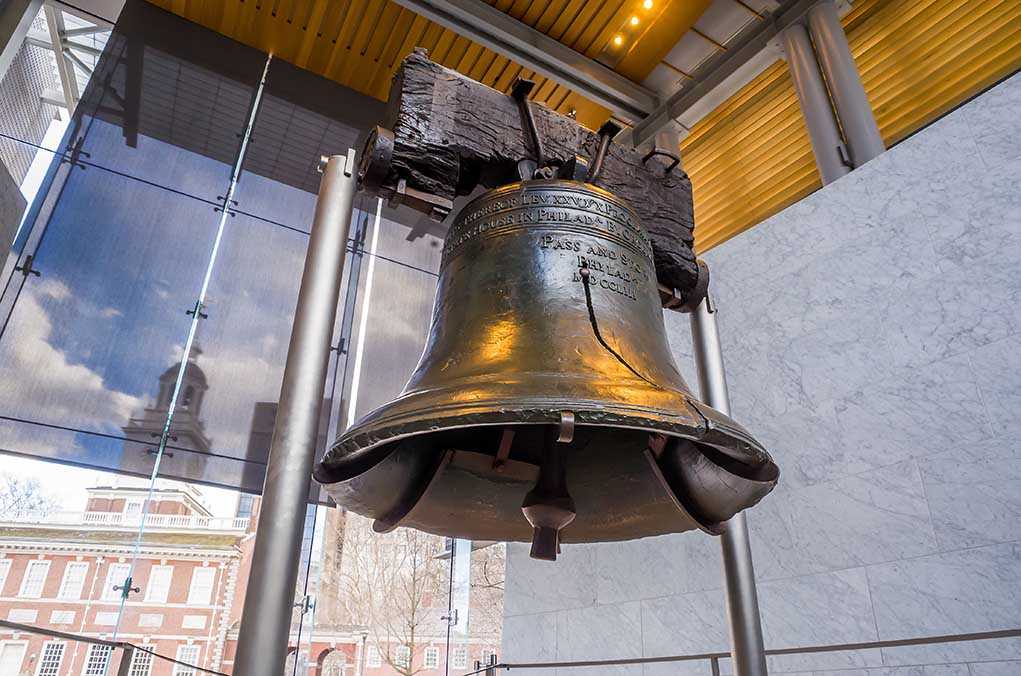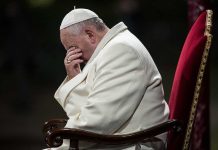
Philadelphia’s Soros-backed District Attorney Larry Krasner is warning President Trump not to bring federal law enforcement to Philly after Trump’s D.C. police takeover—a move that has ignited a constitutional showdown and could define the future of law and order in America’s cities.
Story Snapshot
- President Trump’s federal control of D.C. police sparks fierce resistance from Philadelphia DA Larry Krasner.
- Krasner, joined by faith leaders, brands Trump’s actions as authoritarian and racially motivated, vowing to block similar moves in Philadelphia.
- Retired Judge Patrick Dugan, expelled from the Democratic Party, enters DA race as a Republican challenger, raising stakes for city’s public safety debate.
- Legal experts say Trump’s federal authority applies only to D.C., not cities like Philadelphia, highlighting a battle over local autonomy and constitutional rights.
Trump’s Federal Law Enforcement Move Sets Off Political Firestorm
On August 11, 2025, President Trump took the unprecedented step of placing Washington, D.C.’s police under federal control and deploying the National Guard to the capital. This bold action was justified by the administration as necessary to restore law and order in a city they claim is plagued by rising crime. The move immediately drew national attention and has stoked controversy, especially among progressive leaders in other cities who view it as a dangerous precedent threatening local autonomy and the limits of executive power.
Philadelphia District Attorney Larry Krasner wasted no time in publicly rebuking Trump’s actions. On August 12, Krasner, joined by an interdenominational group of faith leaders, held a press conference in Philadelphia to denounce what he called “authoritarian” and “racially motivated” federal intervention. Krasner warned the president against deploying similar tactics in Philadelphia, telling Trump, “Philadelphia will not accommodate his designs. Philadelphia ‘isn’t the one,’ as we like to say in Philly.” He framed Trump’s claims about surging urban crime as false, citing city data showing that violent crime rates have actually declined—a direct challenge to the administration’s narrative and justification for intervention.
High-Stakes DA Race Heats Up as Judge Dugan Switches Parties
The political consequences of this confrontation reached a new level when retired Judge Patrick Dugan, recently expelled from the Democratic Party, announced his candidacy against Krasner as a Republican. Dugan’s decision to switch parties highlights deep divisions within Philadelphia’s political establishment and offers voters a stark choice on public safety and criminal justice. The Democratic Party condemned Dugan’s move as a betrayal, while Dugan positioned himself as a law-and-order alternative to Krasner’s progressive reforms. This dynamic injects new urgency into the November DA election, with Dugan aiming to capitalize on voter frustration over crime and what many see as failed leftist policies.
Legal experts and city officials have weighed in, pointing out that Trump’s authority to control local police is unique to the federal district of Washington, D.C., and does not extend to municipalities like Philadelphia. This crucial distinction reaffirms the constitutional principle of local self-governance, a cornerstone of American federalism. Yet, the threat of federal intervention remains a rallying point for both sides, with Krasner and his supporters mobilizing to resist any encroachment and Trump’s allies arguing for expanded federal action in the name of public safety.
Federal vs. Local Power: What’s at Stake for Constitutional Rights?
This standoff is about more than just partisan politics; it’s a defining moment for the balance of power between federal authority and local control. Constitutional scholars warn that the president’s power to deploy federal law enforcement in D.C. is an exception, not the rule, and that attempts to override state and city officials elsewhere could trigger fierce legal battles. For conservatives, the sight of progressive prosecutors and city leaders resisting federal efforts to restore order is yet another example of how woke, big-city agendas undermine the rule of law and erode public safety.
Meanwhile, Krasner and allied faith leaders have framed Trump’s actions as racially targeted and an abuse of power, mobilizing community groups in anticipation of any federal attempt to intervene. The rhetoric has grown sharper, the stakes higher, and the November DA race is now a referendum on whether Philadelphia will continue down the path of progressive criminal justice or embrace a return to law-and-order principles.
Broader Implications and the Road Ahead
As of August 13, no federal intervention has occurred in Philadelphia, but the city is bracing for further escalation. The outcome of this showdown will likely influence other cities facing similar threats and could set new precedents for the use of federal power in urban policing. Voters, law enforcement, and community leaders are watching closely, knowing that the results could shift the national debate over federalism, constitutional rights, and the future of American public safety.
The battle lines are clear: Will Philadelphia stand firm against federal overreach, or will concerns about crime and disorder force the city to reconsider its path? With the DA election looming and the nation’s eyes on Philadelphia, the coming months will test the resilience of local control and the power of conservative values in the face of progressive resistance.
Sources:
Krasner comments on Trump’s threat to send National Guard to U.S. cities
Soros-linked DA warns Trump after DC crime crackdown: ‘Better not try it in Philly’
Philly’s Krasner slams Trump’s DC takeover
DA Larry Krasner warns Trump against deploying National Guard

















